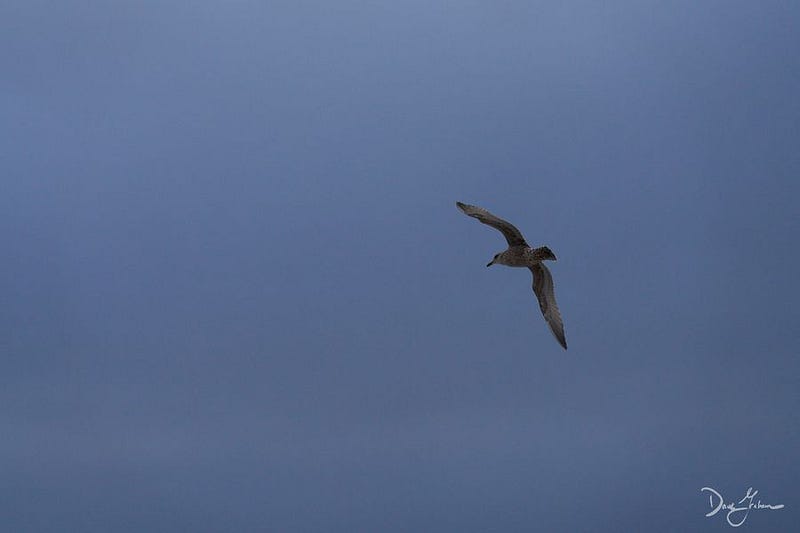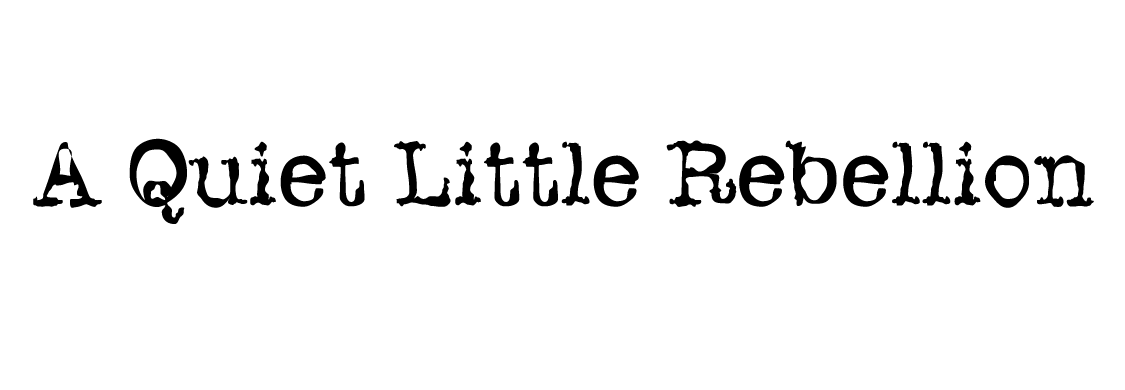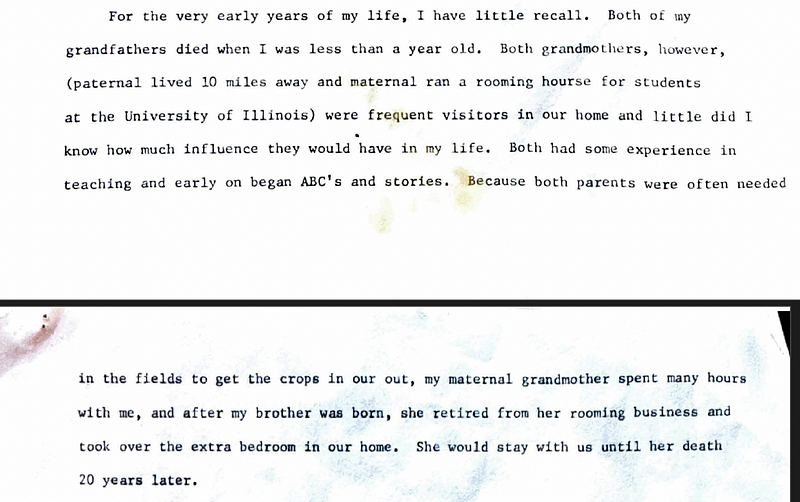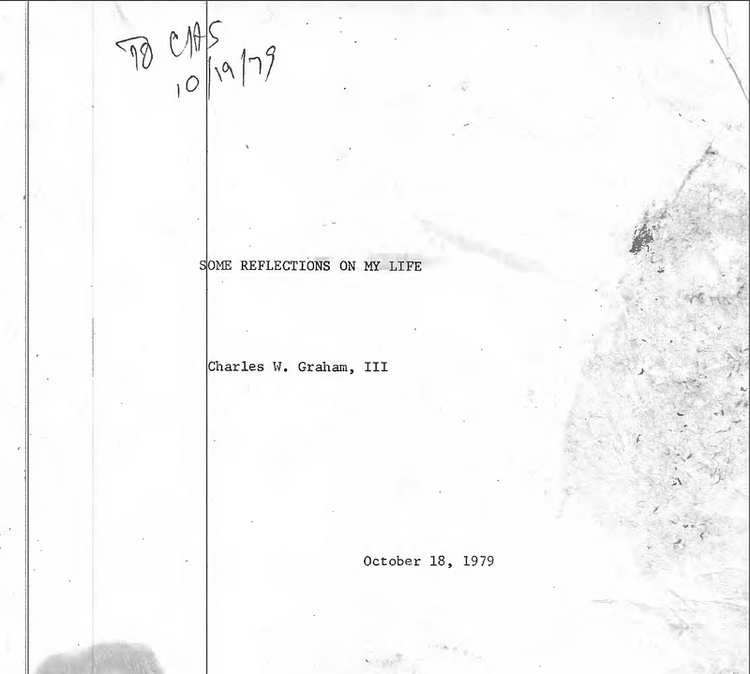Of Icarus and Ignorance

Dædalus had a problem. His son had coopted some wings he’d assembled from wax, feathers, and wood and decided to fly without proper instruction. On the one hand, Icarus was proving the theory he’d longed to test: a man could become a flying beast, an angel feathered resplendent, a faux Hermes. On the other, he hadn’t considered the consequences of deterioration, the sun’s radiance, and the corruptibility of hastily assembled contrivances. In essence, he’d accidentally created a perfect folly for humanity, with the unstated consequence of death. And therein lay his problem.
The rest is easy to follow if you’re unfamiliar with the story. In stealing his father’s wings of feather and wax, Icarus flew too high in the air against his father’s stated wishes. As the sun melted the wax binding feather to wood, he plummeted to his death in the arms of the waiting world. This is a poetic end, some might say, given humanity’s consistent attempts to achieve godhood.
From the realm of fiction, we arrive at fact. We’re faced with similar stories to that of Dædalus. We build technologies, have them coopted for use by the masses, and end up with the inevitable successes and failures from the story. We’ve even built case studies around the allegory: have you ever heard of the trough of disillusionment?
It’s telling, then, that we face another such moment with Artificial Intelligence: that of unbounded invention, an inevitable collision between technology and society, and the fall-out of the same. We’ve yet to realize, outside of the masturbatory fantasies of Silicon Valley, the end from the beginning with AI. What will it take for us to understand our limits?
This is the Icarus Quandry: to achieve greatness from the technology of our own creation and yet not fall to our death from its failures and the unconsidered.
We have our Dædaluses. They are behind the curtains from the Altmans, the Musks, the Bezos, the Gates, the Zuckerbergs, and the Thiels of the world. They’re not the figureheads that the world holds in high esteem. One could argue that the success of these enterprises is due, in no small part, to the work of the many, not the incoherent ramblings of the few. The backroom scientists, the algorithm jockeys, and the logically oriented individuals see the patterns and maths of our data and world and construct our AI “wings.”
They’ve mostly been unfettered in their world, given carte blanche to develop new processes and technologies without the pesky oversight of legislation and guardrails. Their only mission is to achieve the emperor’s happiness by kowtowing to the whims and wishes of The Street, ensuring revenue above all else.
The implicit instructions here are no different from the wood and feathers bound by wax from Dædalus’ time. The materials at his disposal are no other than the data we find at ours. And yet, somehow, we feel that our results will be different. For all our advancement and technology, we believe we can achieve a godhood dissimilar to the millennia of pursuits told in parables, stories, poems, and songs. We feel that we can achieve unparalleled greatness, a triumph over the tragedy of assured demise, because we are like the gods now, and AI, our infallible wings.
But what if we’re wrong? What if, for all of our fever dreams about achieving sentience and success, we fly too close to the sun? Icarus was ignorant that the sun would melt the binding agents that tied material together. In the same way, we assume that the glue of society will bind together the individual components of our technologies. We haven’t considered, even within our congresses and government halls, that perhaps society isn’t as viscous or malleable as we pretend it to be.
As we consider our paths forward as a society, perhaps there’s a moment where we need to become more of an inescapable force for reason and boundaries. Perhaps there’s room for innovation without recklessness and growth without wanton disregard. I hope that, unlike Icarus, we survive with our wits intact to enjoin other majestic journies into the unfathomable unknown. Until then, however, it behooves us to learn from the stories our ancestors told and put them into practice.
May it ever be so.





